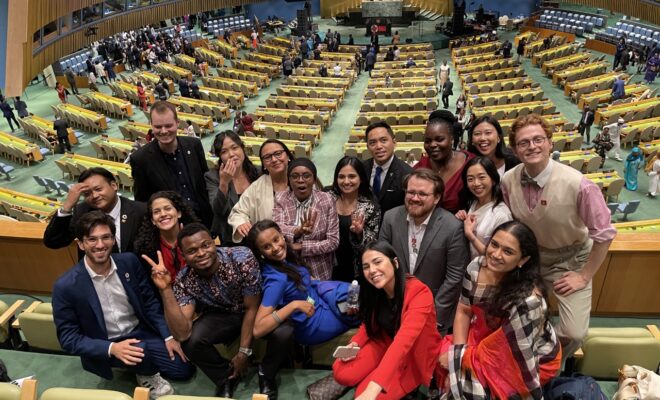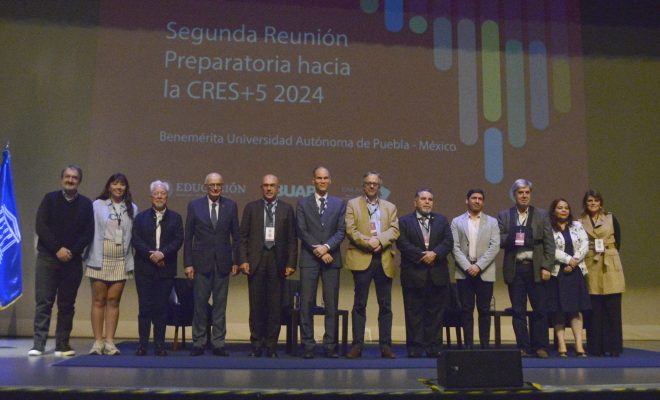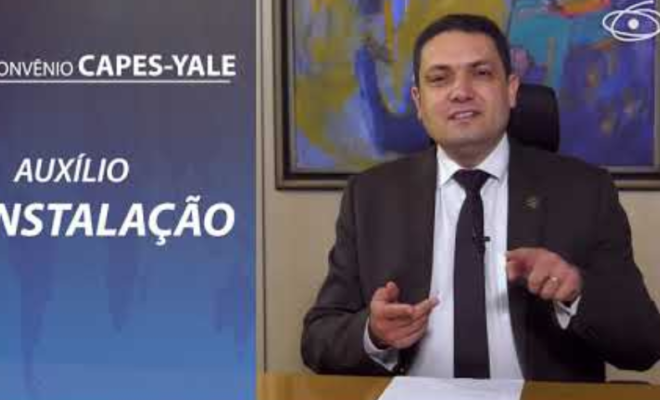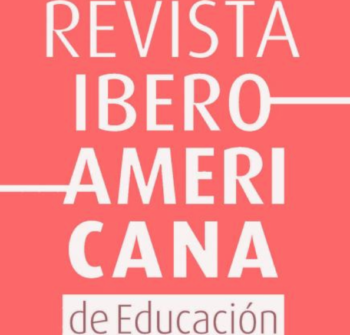3 things the Nobel prize winners for economics say about education / Global Partnership for Education
The 2019 Nobel Memorial Prize in Economic Sciences was just awarded to Abhijit Banerjee and Esther Duflo of M.I.T. and Michael Kremer of Harvard, three economists who have “transformed development economics” by pioneering new ways to study, and alleviate, global poverty. Banerjee, Duflo and Kremer emphasize the use of field experiments to apply the benefits of laboratory trials to their field of research. They look at the spectrum of issues and challenges linked to global poverty, including education, to develop successful antipoverty programs, which are implemented across the world. Read the full article on Global Partnership for Education.
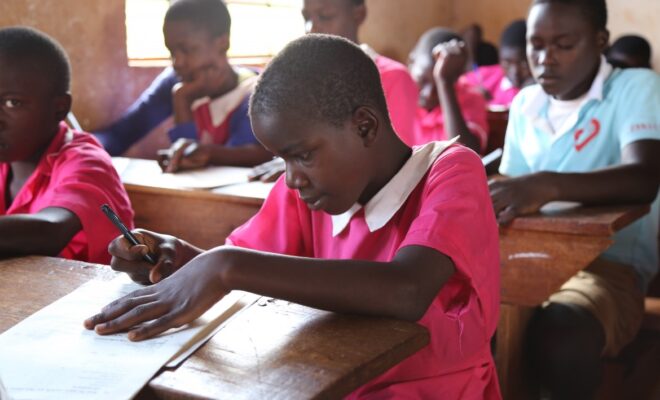
©
29 October, 2019
The 2019 Nobel Memorial Prize in Economic Sciences was just awarded to Abhijit Banerjee and Esther Duflo of M.I.T. and Michael Kremer of Harvard, three economists who have “transformed development economics” by pioneering new ways to study, and alleviate, global poverty.
Banerjee, Duflo and Kremer emphasize the use of field experiments to apply the benefits of laboratory trials to their field of research. They look at the spectrum of issues and challenges linked to global poverty, including education, to develop successful antipoverty programs, which are implemented across the world.
Read the full article on Global Partnership for Education.
RELATED ITEMS
